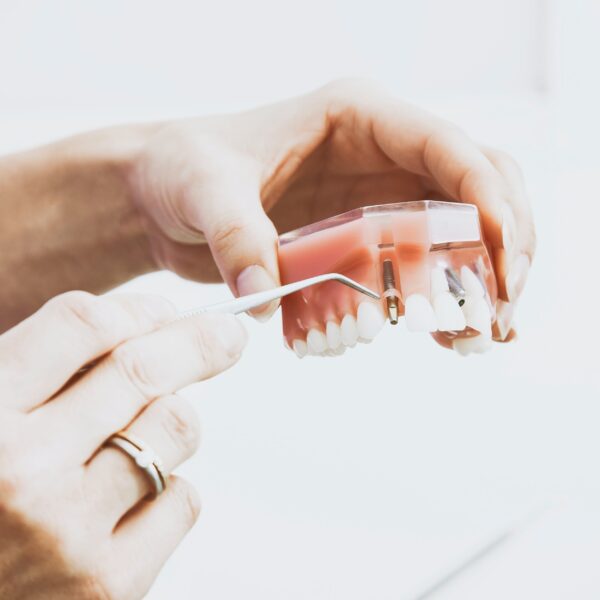The months of winter can be a tough time for many. Let’s take a look at how you can combat the winter blues.
During the months of winter, the days are much shorter and as a result of this a lot of people struggle to properly maintain a healthy and happy mindset. It is during this dark and cold period of the year, that many people suffer from SAD or Seasonal Affective Disorder. This is a type of depression that only occurs during particular times of the year and more specifically during the months of fall and winter. When this type of depression sets in on someone, they experience a lot of trouble in being able to carry out the normal day to day activities. People who experience this disorder are likely to suffer from symptoms such as extreme fatigue, low motivation, weight gain and also difficulty in concentrating. The good news is that there are several ways you can fight the winter blues and also SAD. Let us take a look at some of the best ways in which you can do it.
Proper Diet
In the months of winter, it may be very tempting to just indulge in food that is considered to be comfort food. The important point to remember is that during this time of the year it is best to eat a healthy diet that consists of vegetables, fruit and also lean protein. This is especially important if you are the type of person who is prone to depression. Over the last several years there have been numerous studies that have looked into the relationship between mental health and diet and the conclusion is that it has a very strong impact on our mental health. The fact of the matter is that a proper diet goes a long way in battling depression and the associated symptoms that come with the disorder. So if you think that you are suffering from SAD, pay close attention to what you are eating, it may be worsening your symptoms if the diet is not proper. A lot of research has indicated that a Mediterranean type of diet may be the best for the months of winter. The Mediterranean diet consists of fruits and vegetables, extra-virgin olive oil, yoghurt and generally a whole host of stuff that is good for your mental and physical health.
Maintain an exercise schedule
The relationship between exercise and mental health has been thoroughly looked into and has been properly researched. According to the Medical School in Harvard, exercise not only helps improve the mood of a person but it also has the very real potential of being able to improve mental functioning. So, if you are not exercising as much as you did before or it is something that you have not delved yourself in, then you might want to seriously consider making it a part of your daily routine. Once you do do it, you will see a lot of results. Your mood will be better, if you experience anxiety- then even that will be less pronounced. So make sure you stick to an exercise routine so that you do not succumb to the dark depths of depression.
Keep Good Company
There are always people in our social circles who do not exactly make us feel our best to put it mildly. These are the people who are not at all empathetic towards you and can generally be termed as being company that is toxic. While it is a good idea to avoid contact with these kinds of people completely at all times, it is doubly more important to do so during the difficult months of winter. If you are already prone to depression, hanging out with the wrong crowd can be very detrimental to your self image, self valuation and self worth; these are all things that can have a significant impact on our mood and also our overall mental health.
Instead, what you should be trying to do is to make sure that you spend quality time with people who bring out the best in you and people who inspire you. You know the kind of people whose simple presence can bring a smile to your face, those are the kinds of people you want to surround yourself with. The kind of people, who will support you when you are down.
Consider Light Therapy
Light therapy is an extremely popular method of therapy that is only getting more popular as days go by. The main function of light therapy is to replicate the natural light of the outdoors in an indoor environment. This can have numerous health benefits as you are being exposed to light that is very similar in terms of its properties to natural light. You can deal with issues like cold sores with light therapy.
While Light therapy has a lot of potential in treating a multitude of conditions in a person, it is especially effective for treating Seasonal Affective Disorder. A lot of research suggests that an hour of light therapy in the morning can really help ease the symptoms of SAD in a patient and get them to be able to carry out day to day tasks. It is important to note here that light therapy is not an all out cure or solution to SAD. It works best when it is combined with other treatment methods such as psychotropic medications and counselling. If you are considering light therapy, make sure that you run it by your doctor or physician before you start the therapy process. They can give you a lot more specific instructions as to what type of light therapy will be best for your SAD and exactly how powerful light you need to be exposed to in order to reap the benefits of this therapy.
Image Credits: Andrew Ridley




Like this article? Share with your friends!